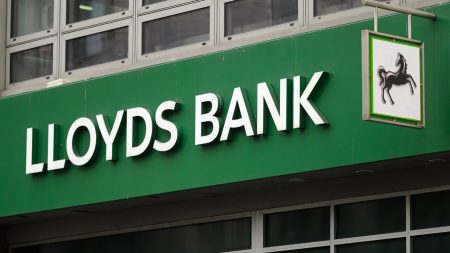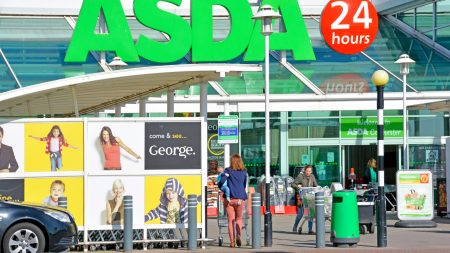The UK labour market presents a mixed picture of rising wages and increasing unemployment, according to the latest data from the Office for National Statistics (ONS). While average earnings continue to grow, the unemployment rate has also ticked upwards, raising concerns about the overall health of the economy and the potential impact of recent policy changes.
Basic pay, excluding bonuses, experienced a robust annual growth rate of 5.6% in the three months leading up to November, exceeding the 5.2% rate observed in the previous month. This sustained wage growth suggests a continued tightness in the labour market, prompting employers to offer higher salaries to retain employees in a competitive environment. This trend could be further fueled by the anticipated increase in the National Living Wage, set to provide a significant pay boost for millions of workers starting in April.
However, alongside these positive wage developments, the unemployment rate has risen from 4.3% to 4.4%. This increase, occurring against the backdrop of rising wages, suggests a complex interplay of factors influencing the labour market. While some employers may be prioritizing staff retention through higher pay, others might be responding to economic pressures by reducing their workforce. This dichotomy highlights the challenges faced by businesses navigating a landscape of rising costs and economic uncertainty.
The recent Budget announcements, including the increase in the National Living Wage and the hike in employer National Insurance Contributions, have added another layer of complexity to the situation. While the higher minimum wage aims to support low-income earners, the increased National Insurance contributions place an additional burden on businesses. This has sparked concerns about potential job losses or wage stagnation as companies grapple with these added costs. The balance between supporting workers and maintaining business viability remains a critical challenge for policymakers.
The current economic climate is further complicated by the persistent issue of inflation. Inflation, a measure of the overall increase in the cost of goods and services, erodes purchasing power and impacts both businesses and consumers. High inflation makes it difficult for businesses to plan and price their products effectively, while also impacting consumer spending habits. The government’s inflation target of 2% reflects the desire for a stable and predictable economic environment. Deviations from this target, whether too high or too low, can create instability and uncertainty in the market.
The interplay between rising wages, increasing unemployment, and the backdrop of inflation presents a complex challenge for the UK economy. The positive news of continued wage growth is tempered by the concerning rise in unemployment. The long-term impact of recent policy decisions, including the minimum wage increase and the National Insurance hike, remains to be seen. Navigating these challenges will require careful consideration from policymakers to ensure a sustainable and thriving labour market while addressing the broader economic concerns related to inflation and cost of living pressures.











